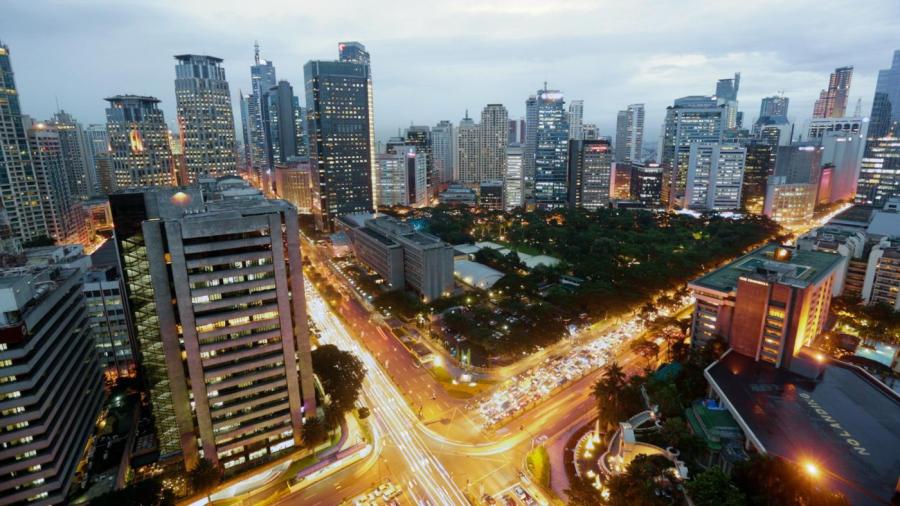What Are Some Major Social Problems in the Philippines?

Corruption, poverty and human rights issues are three of the major social issues facing the Philippines in 2017.
Corruption
Corruption is a decades-old problem in the Philippines. The country ranks 101 out of 176 countries on the 2017 Corruption Perceptions Index (CPI), which evaluated the countries’ corruption levels on a scale from 0 to 100. The Philippines scored 35 out of 100, and the evaluators noted that any country with a score below 50 had a serious corruption problem, according to The Philippine Star. Corruption in the Philippines is rampant among government officials, and high-level government employees from the executive, legislative and judicial branches are often common offenders. Hundreds of billions of dollars are embezzled from the national budget, and violated laws are justified as the government’s defense of law and order.
Citizens who complain because they are unable to receive restitution in the judicial system for harm done to them are often subjected to forms of torture, such as water cannoning or police brutality. Many Philippine laws criminalize extortion and fraud, but the fight against corruption is scattered. Law enforcement agencies that are often coerced or bribed to do the government’s bidding do not effectively enforce the laws.
Poverty
Poverty is a major social problem in the Philippines with 21.6 percent of the Filipino population earning an income below the poverty line, according to the Philippine Statistics Authority. The decline in poverty in the Philippines is slower than that of other nations in the region, and for those who depend on farming and fishing for income, economic trends keep them poor, largely due to misuse of natural resources. Filipino society and government tend to ignore their relationships to the area’s ecology, disregarding the massive impacts of solid waste, water and air pollution on agriculture and health.
Another cause of poverty in the Philippines stems from a mainly Catholic society that does little family planning. Abortion is illegal in the Philippines, and only the wealthy and middle-class citizens can afford birth control. As a result, in January 2017 Filipino President Rodrigo Duterte mandated free birth control to more than two million women who were identified as poor, hoping to reduce birth rates in economically stricken communities and the country as a whole, notes NPR.
Human Rights
Instances of abuse in regards to human rights in the Philippines include violations of civil liberties by various security forces, most notably the police. These agencies are known to be responsible for disappearances, torture, unlawful detention and thousands of killings. In September 2017, the Philippine government voted to reduce the annual budget of the country’s Commission on Human Rights, which investigates suspicious killings and drug-related legal violations, to $20.
Another major problem occurring in the Philippines is human trafficking, which subjects a person into labor or prostitution using force, fraud or coercion. However, progress is being made, and for the first time since 2001, the Philippines is ranked as a Tier 1 country in the fight against human trafficking, reports the U.S. Department of State’s Trafficking in Persons Report (TIPR) released in June 2016.





